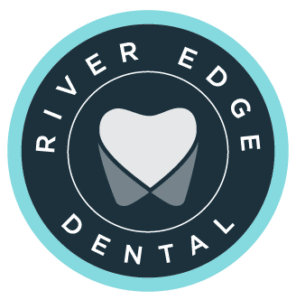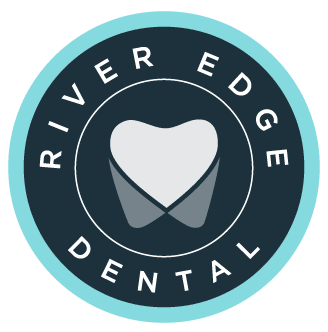Sleep apnea impacts nearly every system in your body, including your brain, your heart, your kidneys, and more. The consequences of untreated sleep apnea are serious. But, fortunately, there are many successful treatment options for sleep apnea. And evidence indicates that many of the negative effects of sleep apnea can be reversed with proper treatment. With the variety of treatments available, most people can find a treatment option that is comfortable, convenient, and effective.
The best way to learn which sleep apnea treatment is right for you is to talk to your doctor or a sleep dentist. To schedule an appointment, contact our office today to schedule an appointment at our office in River Edge, NJ.
Sleep Apnea Signs & Symptoms
Part of the reason why so many people with sleep apnea don’t know they have it is that many of the signs and symptoms are either generic or hard to notice. One of the most common signs, snoring, is often dismissed as being an unimportant nuisance.
Symptoms you may notice include:
- Daytime sleepiness
- Falling asleep during the day
- Wake up feeling unrested
- Difficulty focusing or being interested
- Decreasing ability to exercise
- Weight gain
- Moodiness
You should also be alarmed if you have been diagnosed with related medical conditions, such as:
- High blood pressure
- Heart failure
- Stroke
- Diabetes
- Acid reflux
- Depression or other mood disorders
- Sexual dysfunction
Sleep apnea may also be linked to Alzheimer’s disease. These and other dangers of sleep apnea mean that you should try to get a positive diagnosis and seek out effective treatment.
Sleep apnea can only be diagnosed by a sleep doctor, who will examine the results of your sleep test to determine the nature and severity of your condition.
Understanding Sleep Apnea
But what is sleep apnea? It is very simple, sleep apnea is when your breathing stops at night. There are two main types: obstructive and central.
Obstructive sleep apnea occurs when your airway physically closes at night. It’s a worsening of the airway narrowing that can cause snoring. When your airway completely closes, your breathing is cut off, and your brain has to awaken slightly to open your airway and resume breathing. Your body also has a typical response to suffocating. Your heart works harder to pump more blood to supply your brain with as much oxygen as possible, which is how sleep apnea leads to high blood pressure and damages your heart and blood vessels.
During central sleep apnea, the second type, your brain just doesn’t send signals to tell your body to breathe. This can develop independently, related to a developmental defect or brain injury, or sometimes it’s a complication of CPAP.
People can have both types at the same time. Sometimes this is described as a third type, called mixed or complex sleep apnea.
Sleep is essential to your body’s regulatory mechanisms. When your sleep is being interrupted dozens or even hundreds of times a night, you may never reach the levels of sleep necessary to reset your body’s regulation of energy usage, which is why you may gain weight and develop diabetes.
And because your sleep has an essentially restorative function for your mind, you may experience cognitive and emotional problems, such as memory loss, difficulty thinking, and difficulty regulating your moods.
Sleep Apnea Treatment
Sleep apnea treatments are focused on ensuring that your airway stays open. The most commonly prescribed treatment is CPAP. CPAP forces air into your lungs to ensure that your airway stays open and that even if your body doesn’t breathe you still have air.
Many people find CPAP uncomfortable and hard to use, so they look for a CPAP alternative. Oral appliance therapy works by repositioning your jaw — which supports the tissues of your airway — so that your airway stays open. It only works on obstructive sleep apnea.
Sleep apnea surgery is sometimes recommended, too, although the success rate of surgery is less than ideal, and there is a higher risk of complications.
If you would like help with the diagnosis or treatment of sleep apnea, please call us in River Edge, NJ to schedule an appointment.




